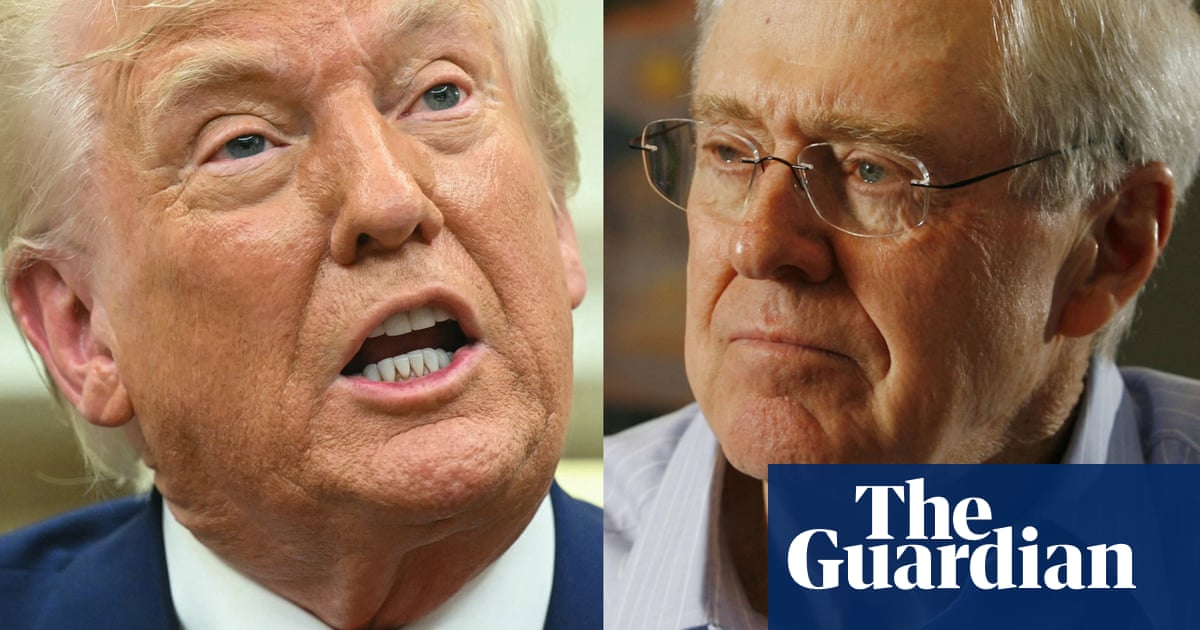A libertarian group, backed by influential figures like Leonard Leo and Charles Koch, is challenging Donald Trump’s tariff policies. They argue that the president is overstepping his authority by using the International Emergency Economic Powers Act (IEEPA) to impose tariffs on imports from China.
This lawsuit comes at a time when even some Republicans are questioning the negative impact of these tariffs on the economy. For instance, a recent amendment proposed by four Republican senators aimed to roll back a 25% tariff on Canada, citing concerns that tariffs could harm economic growth. This amendment received support from notable GOP figures, including former Senate Majority Leader Mitch McConnell.
The New Civil Liberties Alliance, which filed the suit, represents a home goods company in Florida called Simplified, heavily dependent on Chinese imports. They argue that the IEEPA allows the president to take emergency actions, like imposing sanctions, but not to implement tariffs. Historically, no president has used this act for tariffs before Trump, making this case particularly unique.
Mark Chenoweth, president of the alliance, insisted that the court should adhere to decades of legal precedent. He emphasized that interpreting the IEEPA to support the tariffs would grant the president more legislative power than intended. This could have long-term implications for the balance of power in U.S. politics.
Critics of Trump’s tariffs, including hedge fund manager Bill Ackman, have also voiced concern. Among Republican circles, there’s growing anxiety that tariffs might negatively affect the stock market. Senator Rand Paul, a long-time opponent of tariffs, pointed out that many in his party share similar worries but feel pressured to remain silent.
Trump has pushed back against these dissenting voices, accusing them of political bias. His stance has not deterred some Republicans from seeking legislation that would limit his ability to impose tariffs without congressional approval. A recently proposed bill would mandate that Congress review and approve new tariffs within 60 days, although the White House has threatened to veto it.
As the debate over tariffs continues, it remains clear that the implications of these trade policies are still a hot topic among both supporters and critics of the former president. The outcome of the legal challenge could reshape the conversation around executive power and economic policy in the U.S. Moving forward, it will be interesting to see how these events will influence both the Republican Party and the broader political landscape.
For further insights into the implications of Trump’s tariffs, check out this NPR article.






















